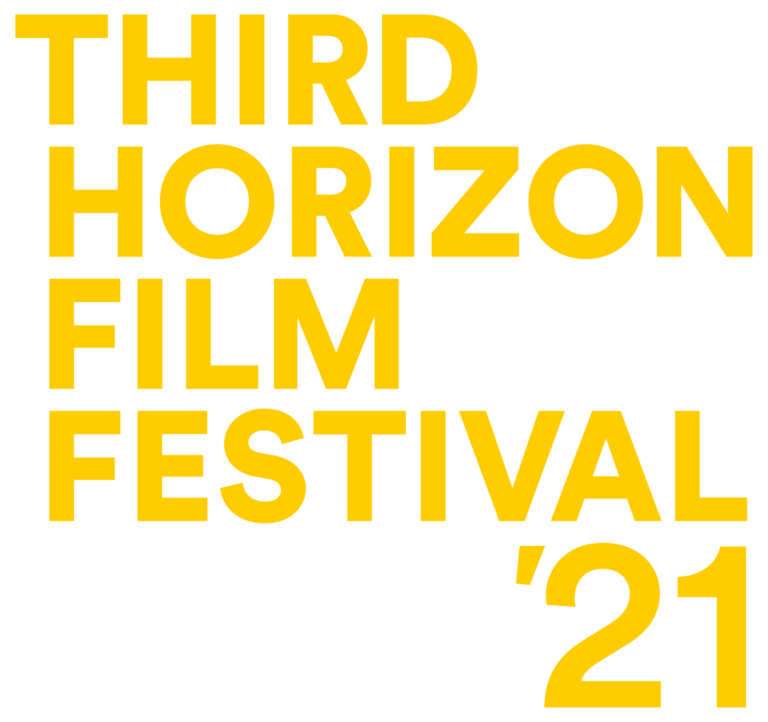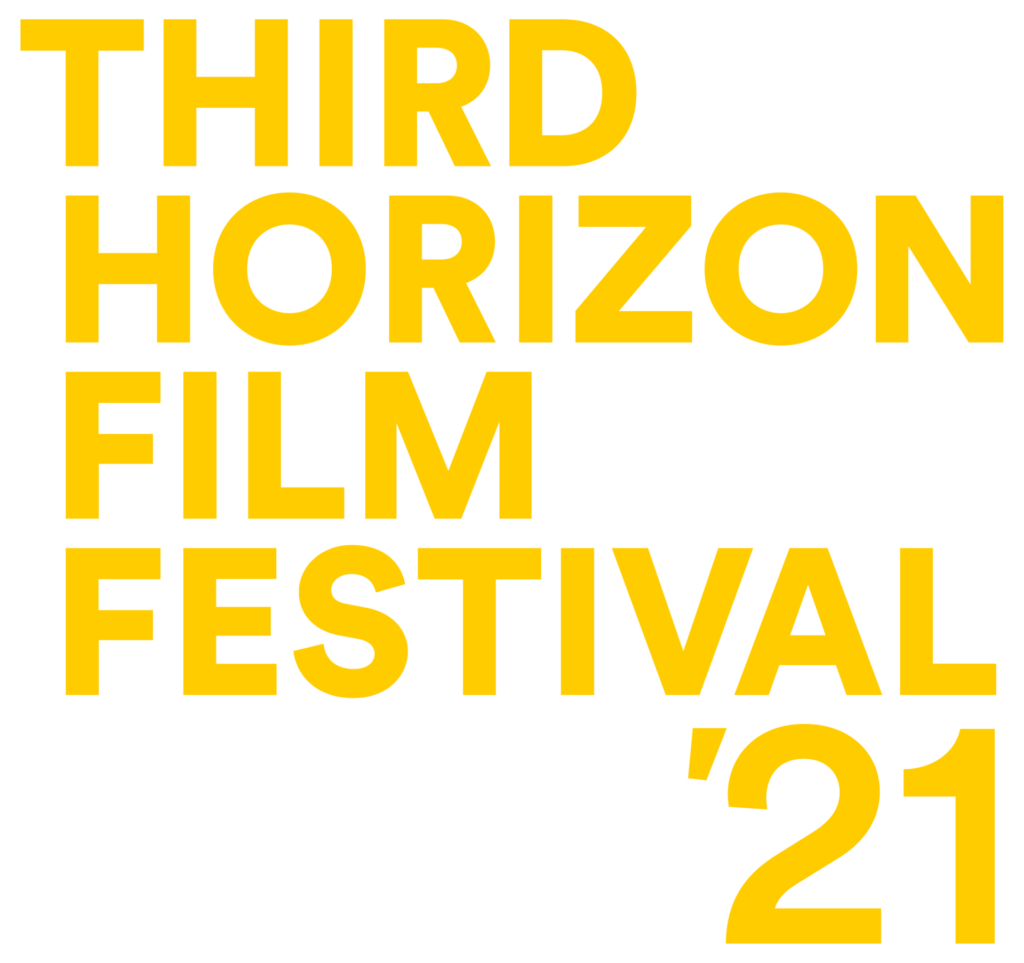2021
MISSION
STATEMENT

And just like that, the world is returning
to its regularly scheduled programming.
The race back to business as usual is well underway in the US and UK, where the pandemic is thankfully slowing down. Across the Caribbean and the Global South however, our family and friends are staring down a legion of mutated strains, surging infection rates, new lockdowns, and the complicated reality of the vaccine: there’s a scandalous shortage for those who want it, while many others want nothing to do with it, their severe distrust grounded in very real trauma. Both dilemmas are due to a history of wrongdoing and neglect in the so-called third world by larger countries and corporations, a simmering “normal” that existed well before the pandemic that is rapidly coming to boil because of it. Regularly scheduled programming indeed.
With everything opening up again, so too are film festivals. We welcome the return of and to cinemas, yet in consideration of the precarious public health scenario across the Caribbean—as well as in communities of color in the US, so overlooked in the recent tangle of pronouncements and new guidelines—our fifth edition will remain a mostly virtual event. With the exception of our opening, closing and a handful of other screenings which will be presented simultaneously in-person and online, this year’s lineup will stream live via this website and our official THFF television apps with filmmaker Q&As following each program.
Our festival thrives on intimacy, so we did not make this decision lightly. That said, we believe the pivot required of us in this moment isn’t simply toward virtual presentations, but toward a strengthened global solidarity that outwits the vampiric obstacle course that is our current world order. To that end, this year’s program—our largest yet—remains firmly rooted in the Caribbean while featuring more films from spaces in post-colonial alignment with our region. Wherever possible, we’ve made it accessible to the entire world, without geo-blocking, and are ignoring the traditional—and often unhelpful—system of premiere statuses. From our headquarters in Miami and outposts around the Caribbean, we are using this opportunity to connect as many of our intersecting diasporas as possible.
We believe, deeply, that we must harness our shock from the harrowing events of the past year and transform it into the epiphanies and practices that create the future that frees us. However, our moves towards a liberated, regenerative existence in which the marginalized people of the world are no longer abused and exploited will only be successful if those of us scarred by colonialism seek community with each other, whether we find home in Guyana, India, Haiti, New Orleans or Palestine. We hope our festival this year invites our audience more deeply into this communion, through precarity to find potential.


